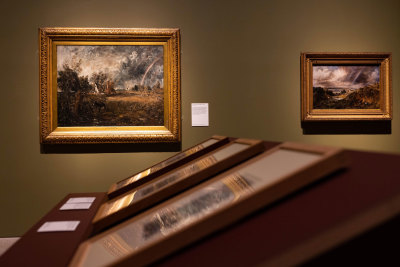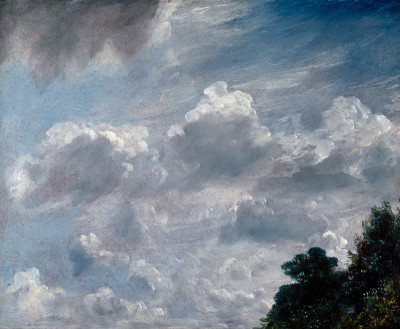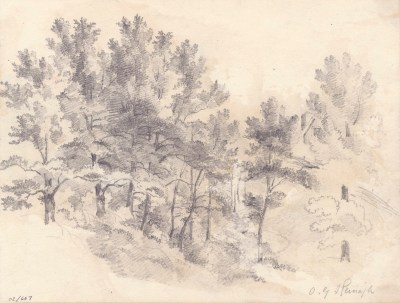RA exhibitions: reflecting a world at war
RA exhibitions: reflecting a world at war
The RA during the First World War
By Mark Pomeroy
Published 8 August 2014
As the conflict continued, the Royal Academy adapted its exhibition programme to support the war effort.
-
Throughout the week of 4 August 2014, we’re publishing a series of blogs telling the story of the Royal Academy of Arts during the First World War. Read other blogs in the series here.
The Summer Exhibition continued its unbroken sequence throughout the war. Admissions were down on the pre-war average and this had a severe and enduring impact on the finances of the Academy. The winter exhibition programme was held almost entirely in abeyance.
Outside of summer time, many of the galleries were occupied by the Red Cross and as the war continued their work became ever more critical. Instead of large-scale loan exhibitions the Academy allowed a few more modest exhibitions that related directly to the war effort.
-

Two exhibition catalogue covers from 1919
© Royal Academy of Arts, London
-
In the main these were exhibitions of contemporary art by members of the various artist societies of the time. Works were for sale, with a percentage of the receipts handed to relief agencies such as the Red Cross.
On the war’s close, two hugely influential war memorial exhibitions were held. These encompassed what was recognised even at the time as an extraordinarily powerful artistic response to the enormity of the preceding four years.
The Canadian War Memorials exhibition (6 January to 1 March 1919), was an exhibition of paintings and drawings memorialising Canada’s contribution to the war effort. The exhibition’s catalogue has been digitised for our Collection website and can be read here.
The War Memorials exhibition (20 October to 29 November 1919) featured sketches and models for proposed war memorials. The Academy’s annual report for that year describes the exhibition as “(having) the object of providing the promotors of memorials with a useful survey of modern work by competent artists, and suggesting the various forms which memorials of the war might suitably take”. This catalogue is also available online.
-
Mark Pomeroy is the Royal Academy’s Archivist.




